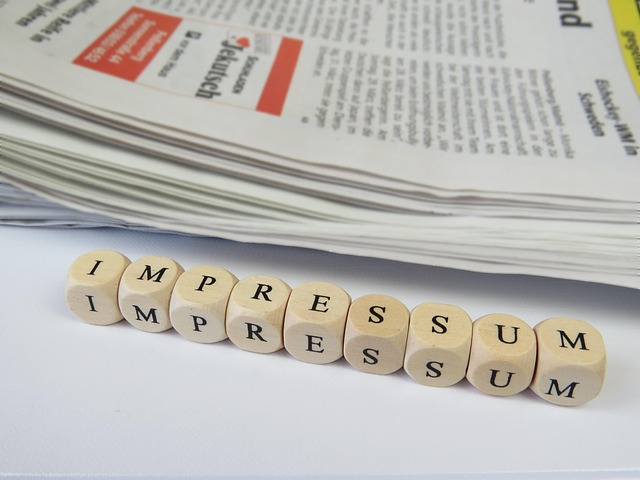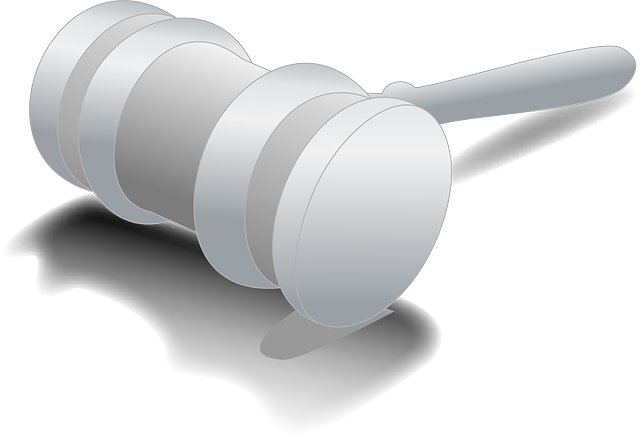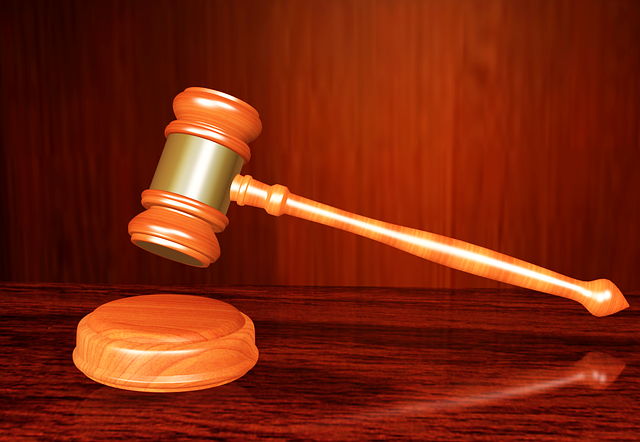The burden of proof is a fundamental principle in criminal law, dictating that prosecutors must provide compelling evidence beyond a reasonable doubt to secure convictions. This standard guides verdicts, especially in white-collar crimes, where it balances protecting the innocent and ensuring justice. Understanding its impact is crucial for both defendants and legal strategists. In recent cases, this burden has been applied rigorously, particularly against complex financial schemes, leading to debates about evidence requirements and individual rights. The future of criminal law enforcement may see refined standards and education to navigate these complexities, maintaining a fair and effective justice system.
“In the realm of criminal law enforcement, understanding the burden of proof is paramount. This fundamental concept dictates the course of legal proceedings, influencing every step from investigation to verdict. Our article explores how the burden of proof defines the relationship between prosecution and defense, ultimately shaping case outcomes. We analyze its impact on verdicts through case studies, dissect recent challenges and controversies, and consider future implications for this crucial aspect of justice. Learn how the burden of proof affects verdicts and navigate the intricate dynamics of criminal law.”
- Understanding the Burden of Proof: A Fundamental Concept in Criminal Law
- Definition and Significance: How it Influences Legal Proceedings
- The Role of Prosecution and Defense in Meeting the Burden
- Impact on Verdicts: Case Studies and Common Outcomes
- Challenges and Controversies: Recent Developments and Future Implications
Understanding the Burden of Proof: A Fundamental Concept in Criminal Law

In criminal law, one of the most fundamental concepts is the burden of proof. This legal principle dictates that the prosecution must present compelling evidence to secure a conviction. Understanding this concept is crucial for both accused individuals and their general criminal defense strategies. The burden of proof affects verdicts by setting the bar for what constitutes sufficient evidence in a court of law.
Across the country, the standard of proof varies slightly but generally requires the prosecution to prove each element of a crime “beyond a reasonable doubt.” This means that jurors must be convinced to a moral certainty that the defendant is guilty; any reasonable doubt should lead to a complete dismissal of all charges. Failure to meet this burden results in an acquittal, reflecting the importance of rigorous evidence evaluation in criminal law enforcement.
Definition and Significance: How it Influences Legal Proceedings

Criminal law enforcement involves the application of laws to protect society from criminal activities, ensuring public safety and justice. It is a complex system that includes investigations, arrests, prosecution, and sentencing. One critical aspect of this process is the concept of the burden of proof. This legal principle refers to the responsibility of a party (in this context, the prosecutor) to present sufficient evidence to prove a fact or allegation beyond a reasonable doubt. It significantly influences legal proceedings by setting a high standard for establishing guilt.
The burden of proof plays a pivotal role in shaping verdicts in jury trials across the country. In criminal cases, especially those involving white-collar and economic crimes, prosecutors must gather compelling evidence to convince the jury that the defendant is guilty. This standard ensures that individuals are not convicted based on mere suspicion or circumstantial evidence. By requiring solid proof, the system aims to protect the innocent and prevent wrongful convictions, ultimately upholding the integrity of the criminal justice process.
The Role of Prosecution and Defense in Meeting the Burden

In any criminal proceeding, the burden of proof is a fundamental aspect that significantly influences the outcome of cases. The role of prosecution and defense attorneys is pivotal in meeting this legal requirement. The prosecution bears the responsibility of presenting compelling evidence to establish the defendant’s guilt beyond a reasonable doubt. This involves meticulously building a case through witness testimonies, physical evidence, and legal arguments. On the other hand, the defense attorney plays an equally crucial role by challenging the prosecution’s claims, examining evidence critically, and presenting counterarguments. They aim to raise reasonable doubts in the jury’s mind, thereby potentially altering the verdict.
The burden of proof affects verdicts across the country, especially in cases involving white-collar and economic crimes. General criminal defense strategies often focus on questioning the reliability of evidence, exposing procedural errors, and negotiating plea bargains. The dynamic between prosecution and defense is a delicate balance, where both sides must adhere to strict legal standards. This process ensures that justice is served, protecting both the rights of the accused and the integrity of the legal system.
Impact on Verdicts: Case Studies and Common Outcomes

The How Burden of Proof Affects Verdicts is a pivotal aspect of criminal law enforcement that significantly influences jury trials and ultimately, case outcomes. The burden of proof rests on the prosecution to present compelling evidence beyond a reasonable doubt, ensuring that convictions are based on solid factual foundations. Case studies reveal that a thorough application of this principle can lead to either acquittals or guilty verdicts, depending on the strength of the presented evidence.
For his clients, this means navigating a delicate balance: defending against charges with robust legal strategies while recognizing when the evidence weighs heavily against them. The outcome often hinges on the jury’s interpretation of evidence, witness testimonies, and the overall persuasiveness of both prosecution and defense arguments. This intricate dynamic underscores the critical role of effective legal representation in ensuring justice is served in criminal proceedings.
Challenges and Controversies: Recent Developments and Future Implications

The realm of criminal law enforcement faces a myriad of challenges and controversies that continually shape its evolution. One significant aspect that has garnered considerable attention is the role of the burden of proof in shaping verdicts, particularly in white-collar and general criminal defense cases. The concept of proving guilt “beyond a reasonable doubt” is fundamental but not without complexities. Recent developments have highlighted the impact of intricate financial schemes and the need for robust evidence to navigate the legal landscape. As a result, courts are increasingly demanding detailed documentation and transparent practices from businesses and individuals alike, especially within philanthropic and political communities.
These advancements present both opportunities and challenges. On one hand, they strengthen the integrity of the justice system by deterring complex frauds and encouraging accountability. On the other, they raise concerns about potential overreach, particularly in cases where evidence is circumstantial or interpretations subjective. Balancing these dynamics is crucial to ensure that law enforcement remains effective while safeguarding individual rights and fostering public trust. Future implications may include further refinement of legal standards, enhanced investigative techniques, and a continued focus on educating both the legal community and the general public about the intricacies of criminal law.
The burden of proof is a cornerstone in criminal law enforcement, profoundly affecting verdicts through its definition and application. Understanding this fundamental concept is crucial for both prosecution and defense, as it dictates the legal proceedings and ultimately influences the outcomes of cases. Recent developments and ongoing controversies highlight the need for continued scrutiny and adaptation to ensure justice. By navigating the challenges, we can enhance the integrity of our criminal justice system, emphasizing the significance of How Burden of Proof Affects Verdicts in shaping fair and consistent legal decisions.






